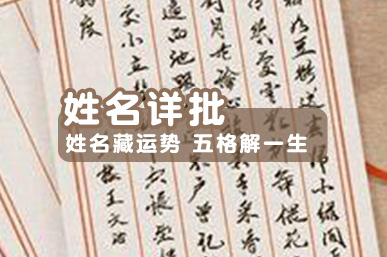八字精批2025运势命中贵人八字合婚
Eig
ht Diagrams Blind Board: A Traditional Chinese Puzzle Game Eight Diagrams (八卦, bā guà) Blind Board is a traditional Chinese puzzle game that has been popular for centuries. The game features a wooden board with eight circular holes, each representing one of the eight trigrams of the I Ching (易经, yì jīng). In the center of the board is a square hole where a dice or two coins can be rolled to determine the starting position of the game. The game is called "Blind Board" because players place their pieces on the board without knowing the location of their opponent's pieces. The goal of the game is to capture all of the opponent's pieces by strategically moving your own. The game is typically played with 16 round black and white pieces, each representing one of the 16 military formations described in the ancient Chinese military treatise, The Art of War (孙子兵法, sūn zǐ bīng fǎ). The formations include infantry, cavalry, archers, and chariots, and each piece has a unique movement pattern and strength. The game requires skill, strategy, and patience. Players must think ahead and anticipate their opponent's moves. It is often referred to as the Chinese version of chess, but it is actually a much older game and has a different set of rules. Eight Diagrams Blind Board is not only a game of entertainment, but also a tool for developing strategic thinking and problem-solving skills. It has been used by Chinese military strategists and philosophers for thousands of years to teach the art of war and leadership. Today, the game is still played by people of all ages in China and other parts of the world. It is a cherished part of traditional Chinese culture and a testament to the ingenuity and creativity of the ancient Chinese people.









